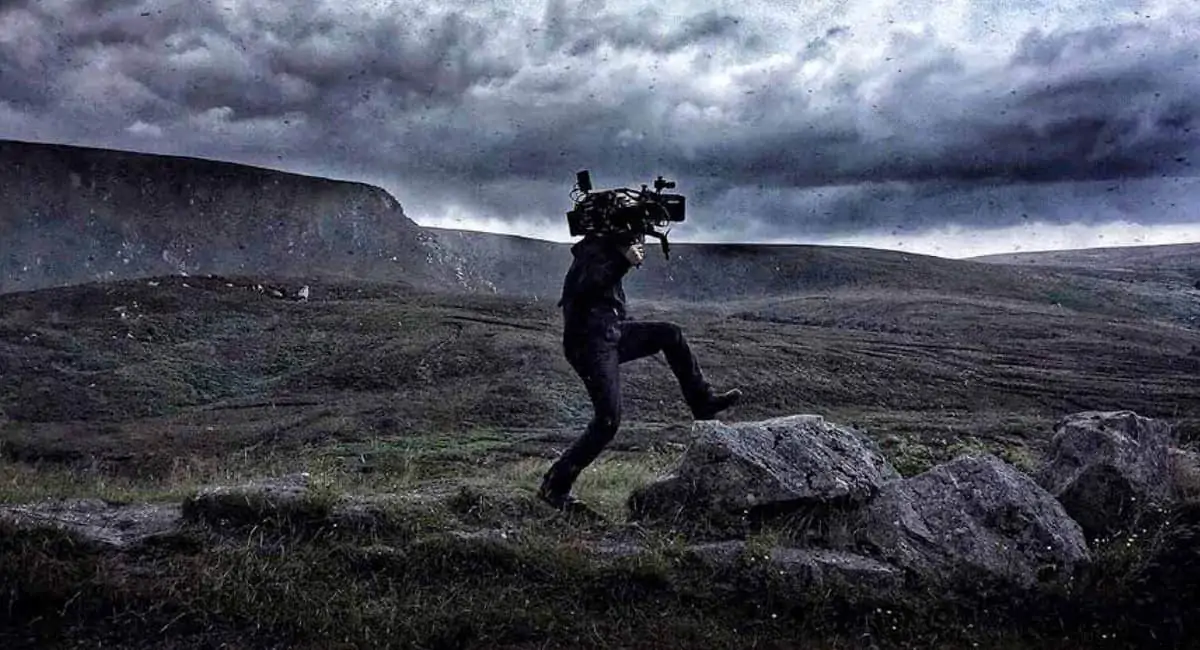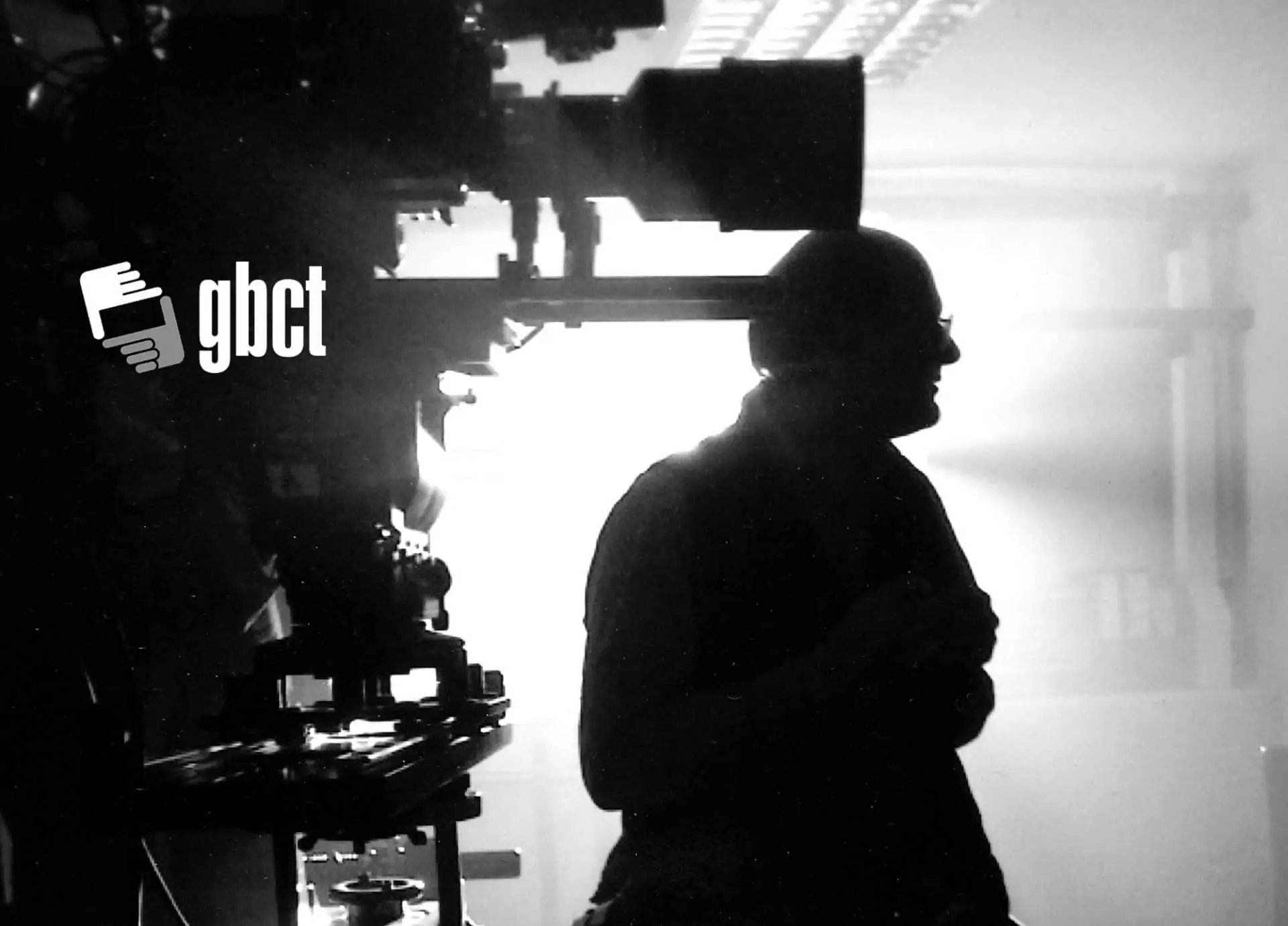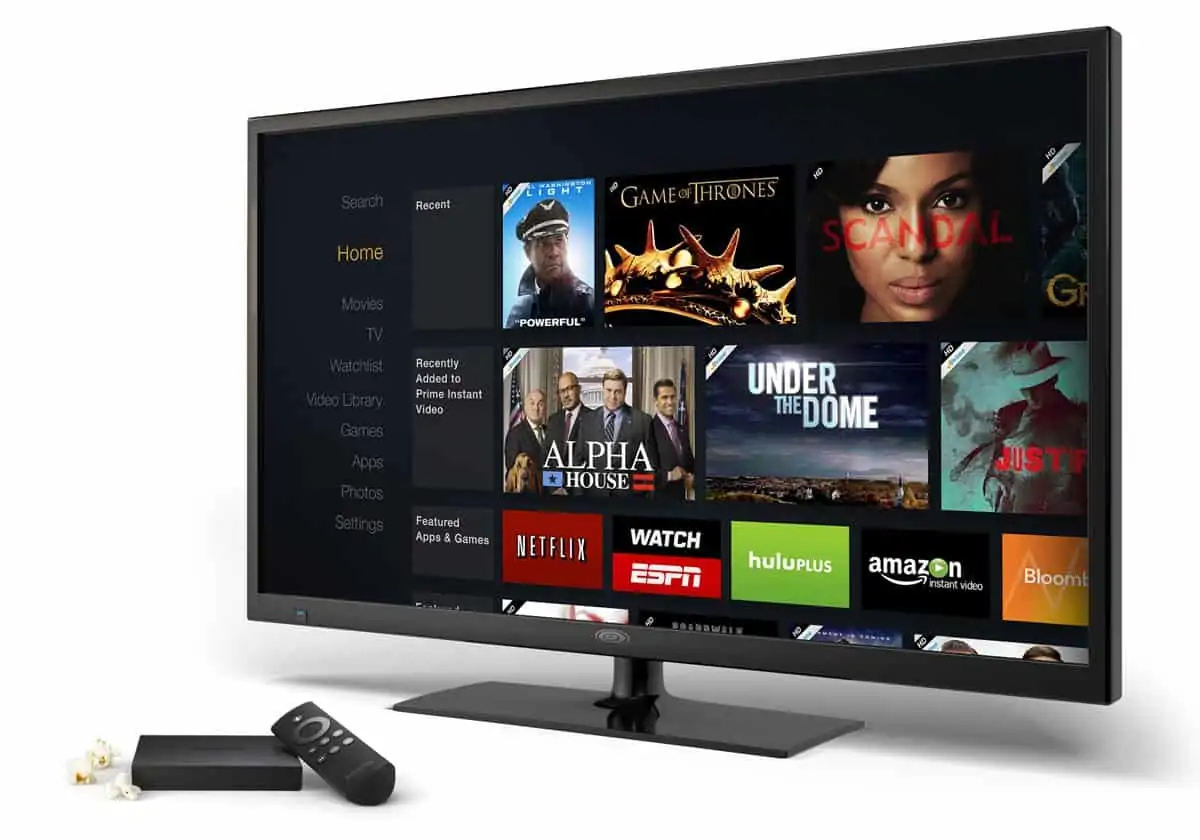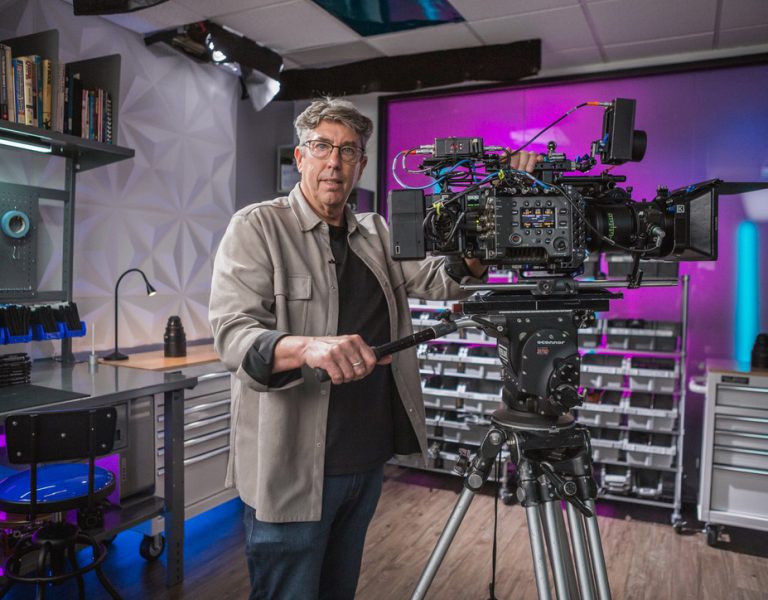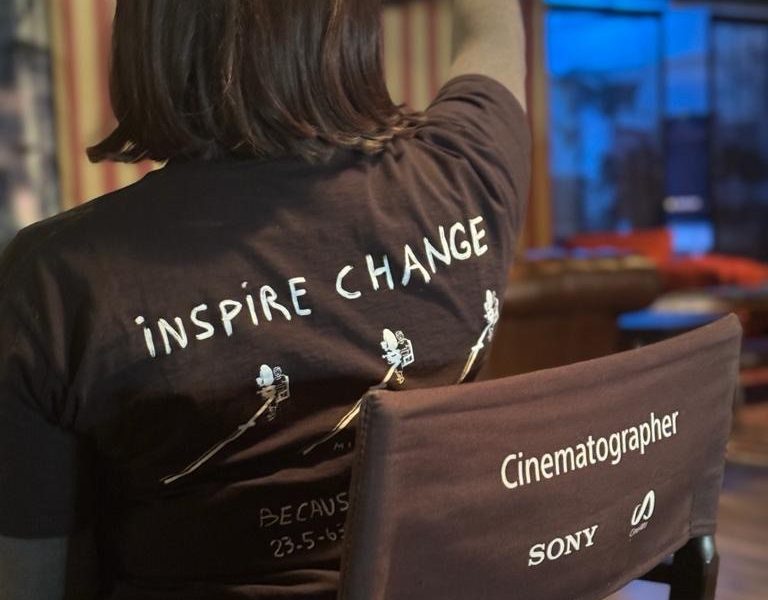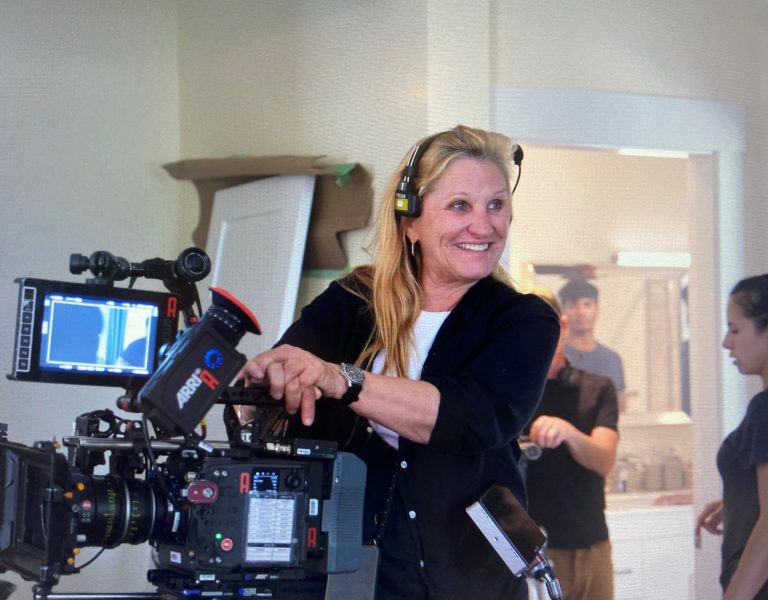We shouldn’t underestimate the value of expertise amid the production boom, as Tim Potter GBCT explains.
At a recent BAFTA function, David Puttnam, the president of the Film Distributors’ Association, called on the film and television industry to invest in the training of our future workforce or risk losing our position in the world as a powerhouse of production. The massive increase in production since the introduction of tax incentives has led to a great need for experienced crews. This has been a bonanza for the existing top crews and has led to advancement for our up-and-coming technicians. It has also led to many newcomers to the industry receiving scant training before they launch themselves into positions that they are ill-prepared for. We do need the training that is being called for, but it needs to be fit for the job and delivered in a manner that does not give the trainees unrealistic expectations of the speed of any career progress they might expect.
Some of the highest flyers in our business may have used this great explosion in production to increase their remuneration, but the vast majority are struggling to keep pace with inflation. Over the last five years an electrician’s pay has grown by 1% less than the Retail Price Index for that period. A focus puller is 2% behind inflation for the same period. What is more is that these figures were calculated before any of the rapid increase in prices over the last four months. In fact, television drama rates are about 30% behind where they should be in real terms compared to 30 years ago. A recent comparison of crew costs around Europe has shown that Britain is second from bottom, only being more expensive than Hungary. What is really behind the so-called skills shortage is a shortage of productions willing to pay crew what they are really worth.
The threshold for being eligible for the High-end Television Tax Relief has led to many production budgets rising to meet that threshold. Before the incentive changed our business, budgets had ranged from £600k/hr for the most basic of dramas up to £1.2m/hr for the most ambitious of costume dramas. Now every production is aiming to pass the £1m/hr threshold. This increase in budgets has not found its way into the pockets of any of the crew or into any training programmes.
David Puttnam is right. We do need a huge investment in the training of crews to maintain our position in the world. This training needs to be at all grades, not just at entry level. We cannot wait for expertise to find its way up the grades as it should take as much as 20 years for a talented individual to gain the necessary experience to make it into the top ranks of production. We also need that training to include the talent purchasers. The industry is crying out for the need for expertise to be recognised and not undervalued.
NEW GBCT TRAINEE INTAKE 2023
Sixteen candidates had been shortlisted from over 750 applicants (60 of whom were longlisted for interview). The course was an intensive six days, covering all aspects of the camera world, including lectures/practical demonstrations on grip work, camera operating, script supervising, digital theory and, of course, practical tuition on all the cameras and aspects of film and television work.
At the end, the tutors and assessors were given the impossible task of selecting a final eight who would become the 2023 trainee intake. The whole shortlist was made up of highly motivated, diverse and talented young people: this year’s intake is David Barrett, Maxim Lancaster, Georgia McMain, Stanley Blundell, Olivia Wines, Holly Murray Smith, Connor Roe, and Arie Priede.

